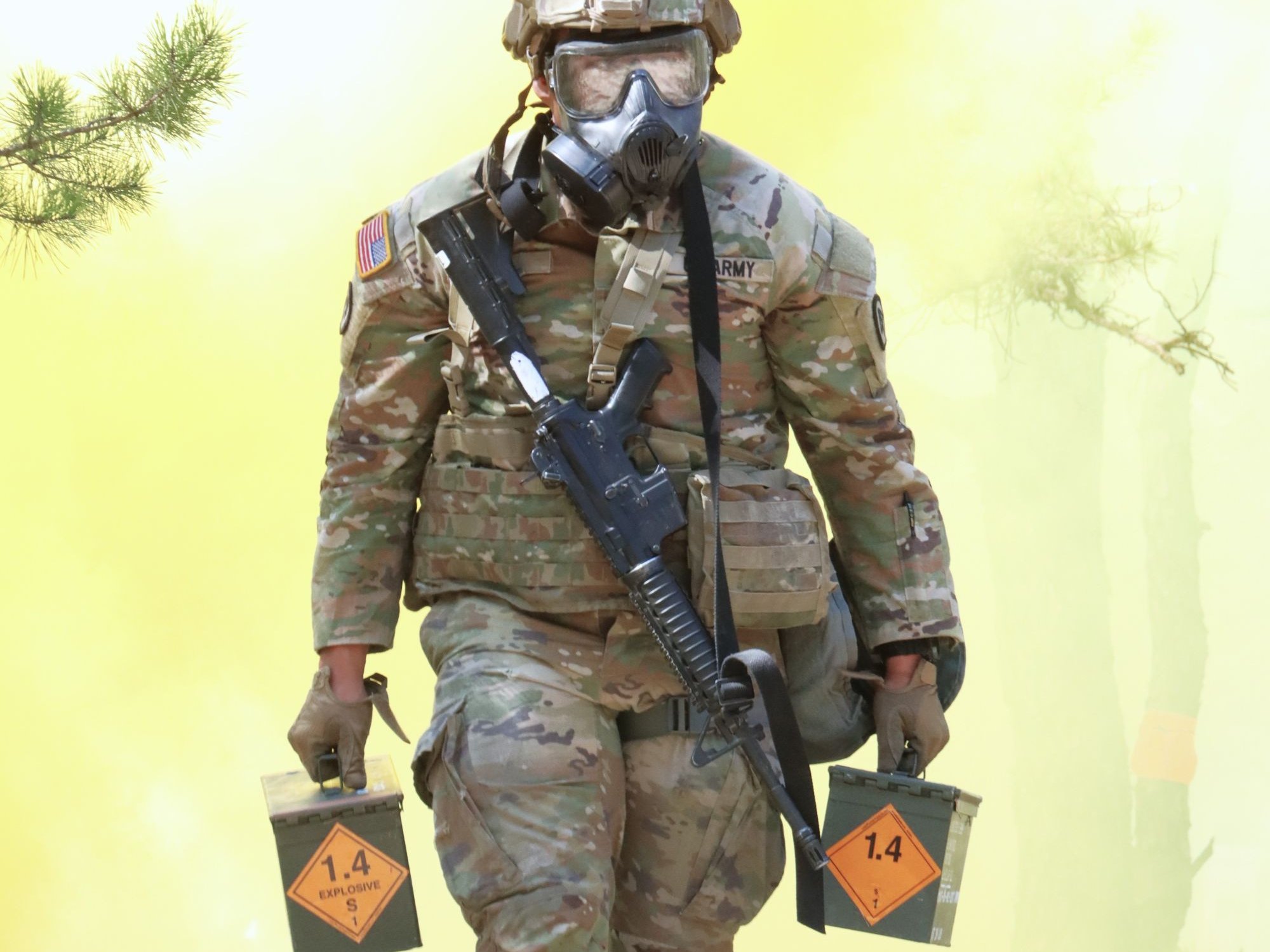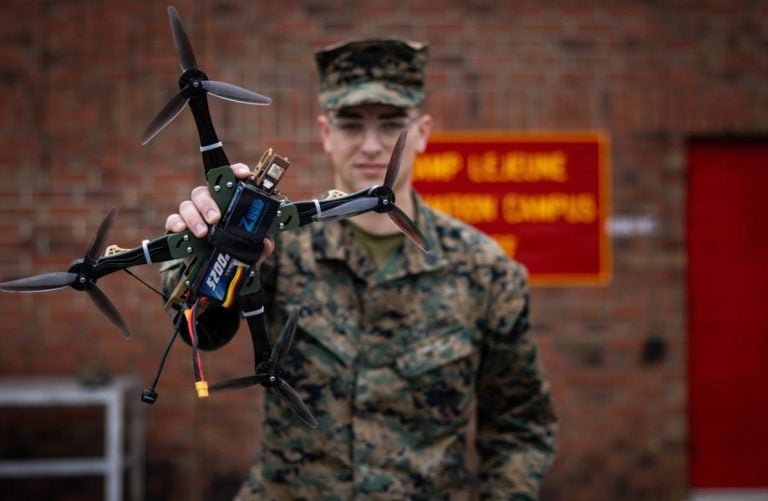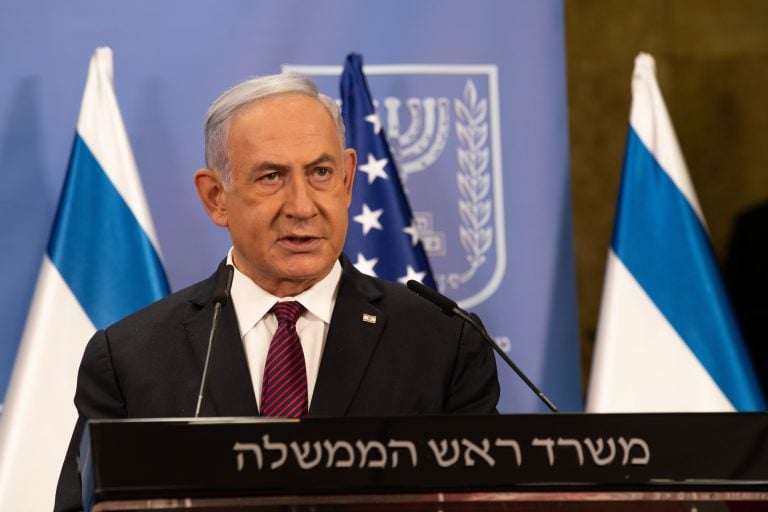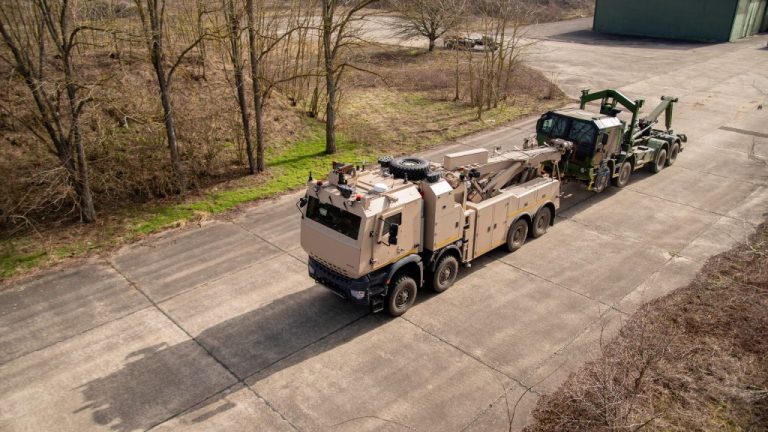A leading expert on nuclear nonproliferation has put forth a proposal for the United States to establish a dedicated military and intelligence unit to effectively tackle nuclear proliferation threats. Henry Sokolski, who heads the Nonproliferation Policy Education Center in Virginia and has previously served as the deputy for nuclear weapons policy at the Department of Defense, has urged the Biden administration to consider creating a “Nonproliferation Enforcement Initiative.”
Sokolski’s proposal comes in response to growing concerns over the spread of nuclear weapons, particularly in relation to Iran. He suggests that such a unit would collaborate with existing US geographic and technical commands to prepare follow-up actions against nuclear sites in Iran, inhibit nuclear weapons transfers, and address various related threats. In a recent op-ed, Sokolski emphasized the need for an intelligence team that would incorporate information from a wider range of sources, moving beyond traditional allies such as Israel and the United Nations’ International Atomic Energy Agency.
The envisioned nonproliferation unit would include a rapid-response force equipped with bunker-busting weapons, capable of swift actions against nuclear sites if the situation demands. Sokolski acknowledged the potential challenges in setting up this enforcement mechanism, highlighting the possibility of resource reallocations within US Strategic Command and anticipated pushback from certain factions within the Pentagon.
The establishment of such a unit, according to Sokolski, would demonstrate US resolve in combatting nuclear threats, act as a deterrent to adversaries, and provide reassurance to allies apprehensive about Iran’s nuclear ambitions and the emergence of other nuclear-capable states.
Sokolski also pointed out that a dedicated nonproliferation arm could help ensure consistent US policy regarding nuclear weapons, addressing what he views as decades of inconsistencies. The US has varied its nonproliferation efforts, balancing between enforcement and negotiation over the years. He cited historical examples where the US adopted stringent measures, such as blocking plutonium reprocessing in South Korea, Taiwan, and Brazil, while being less assertive with countries like Pakistan, India, and Iran.
He noted a stark contrast in approaches, referencing the dismantling of Iraq’s nuclear infrastructure alongside stringent inspections, and the more flexible agreements reached with North Korea and Iran, which prioritized diplomacy over firm enforcement.
In light of recent developments, such as negotiations for a nuclear cooperation agreement with Saudi Arabia that could permit uranium enrichment, Sokolski flagged Riyadh as a rising concern. Saudi officials have indicated that they may pursue nuclear weapons if Iran succeeds in developing its own capabilities.
Amid these geopolitical uncertainties, Sokolski expressed apprehension regarding the potential for Iran to withdraw from the 1968 international nuclear nonproliferation treaty, drawing parallels to North Korea’s withdrawal in 2003. This, he cautioned, could allow Iran to progress towards nuclear weapons development in a similar timeframe.
The way forward for the Trump administration, should Iran take a path towards nuclear armament, remains uncertain as discussions on how to ensure global nonproliferation intensify.






